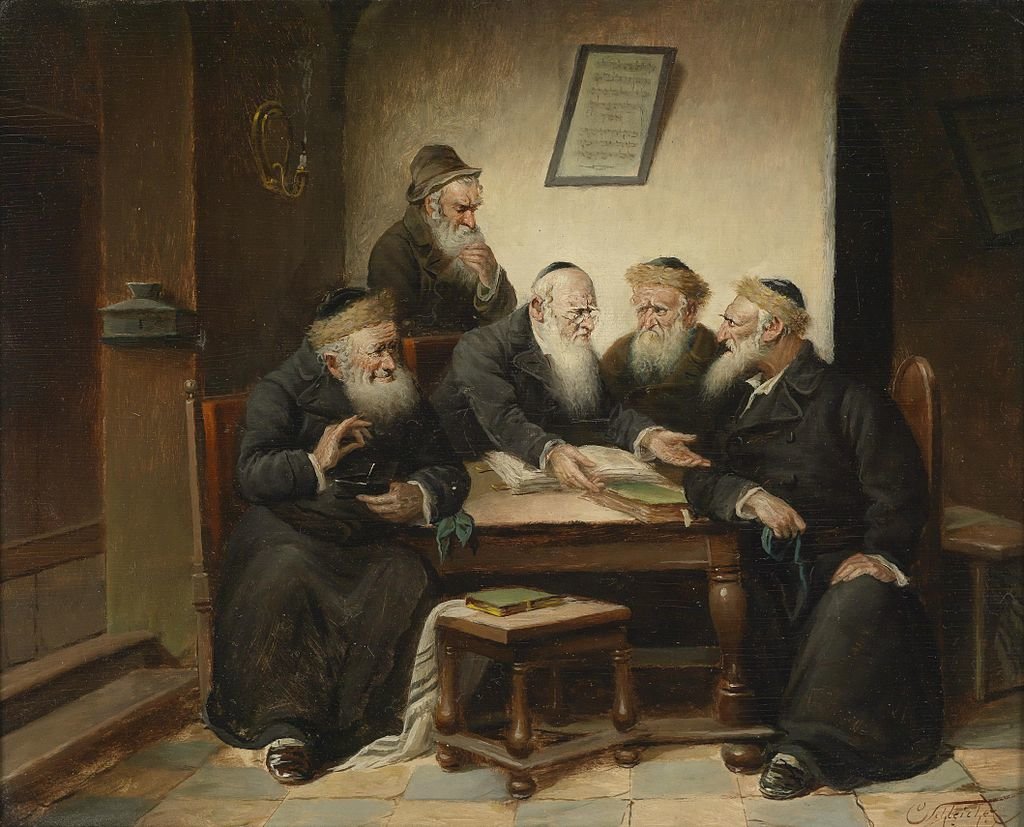How the rabbis developed Jewish time
It may have been the greatest act of chutzpah in Jewish history. After the Roman Empire destroyed the great temple in Jerusalem, and squashed subsequent rebellions, surviving Jews in the land of Israel and the Diaspora might have had good reason to give up and assimilate. How could Judaism continue without a central place for sacrifices, or a government to enforce the biblical laws?
Undeterred, learned men in Israel and later Babylonia came together to develop a new approach focused on practices that anyone could follow, not just priests or rulers. These rabbis compiled their ideas and rulings into the Mishnah and then the Talmud, which eventually became the basis of traditional Judaism. These rabbinic writings creatively expanded on biblical law to generate practices that the ancient Israelites would have hardly recognized.
A striking feature of the Mishnah and Talmud is their focus on time. The biblical books mention Shabbat and the annual festivals, but the rabbis added a many new time-based laws. Why?
Sarit Kattan Gribetz, assistant professor of theology at Fordham University, is completing a book on this very question, “Time and Difference in Rabbinic Judaism.” She points out that the temple had regulated the annual calendar in Jerusalem and beyond, so people needed a new discipline to maintain observance of the festivals. But the rabbis were also writing at a time when the Roman Empire was promoting its own newly reformed calendar, with annual religious festivities, and when nearby Christian communities were developing their own festival calendar. Jews needed a more elaborate system of time of their own if they were going to resist the temptation to join in Roman or Christian rites.
Besides these negative reasons, the rabbis also had positive ones. Basing commandments on time gave those laws an urgency – people couldn’t put them off. They had to practice them regularly, which kept ordinary people close to God on a daily basis, not just at festivals. Time-based rules thus helped people internalize rabbinic Judaism, which was essential if it was going to continue in this new era.
Gribetz will be talking about this and related topics as scholar-in-residence at Temple Emanu-El’s annual Educational Weekend. It begins on Friday, Feb. 22, with “God’s Daily Schedule and Nightlife (According to Rabbinic Sources).” She will speak at 7:45 p.m., after optional Shabbat services and dinner. The next day at 11:30 a.m., during morning services, she will talk about “The Value of Time: Work, Rest and Making Every Day Sacred.” After Kiddush luncheon, starting at 1 p.m., she shifts to text study with “Hosting the Emperor for Lunch: Reading Rabbinic Stories in their Ancient Contexts.”
All of the talks will be at Temple Emanu-El, 99 Taft Ave., Providence. They are free and open to the public, though there is a small fee if you attend the Shabbat dinner. You can register at https://www.teprov.org/form/edweekend19.
JOHN LANDRY lives in Providence, where he serves on Temple Emanu-El's adult education committee.








